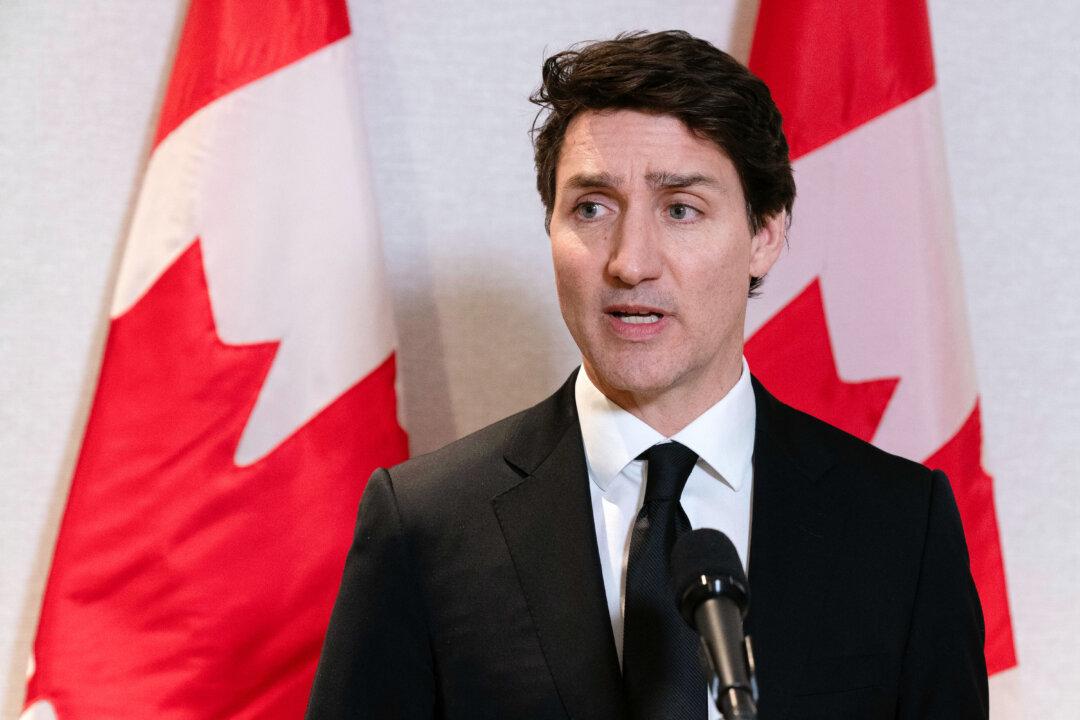Prime Minister Justin Trudeau reacted to news that Liberal leadership hopefuls Chrystia Freeland and Mark Carney may remove the federal carbon levy, saying he is “very proud” of the government’s record on climate change policies.
“Obviously, people running in elections and running for the leadership will be able to put forward their own ideas about how to fight climate change,” Trudeau told reporters during a Jan. 16 press conference in Windsor, Ont.





